Thank you to YPAL for hosting this Instagram live interview and for all that you do for Louisville’s young professional community.
Question: I live alone and I am feeling really lonely, what can I do?
Oh yeah totally, great question. A lot of the population lives alone, and this can be an added struggle to the physical distancing we have going on and will be doing into the future.
One important thing to keep in mind is that there is a difference between isolation and loneliness. A lot of people use the words as one in the same, but they are quite different. Isolation is a physical state where loneliness is an emotional state.
So do an internal check in and see if you are feeling isolated or lonely.
Since loneliness is an emotion and emotions are fluid and come and go it is something that can fluctuate quite often. We can feel lonely while with a group of people, we can feel lonely when we are alone, we can feel lonely while with our families.
At the core of loneliness is the quality of the connection you have to self and others, not the quantity of interactions you have.
So, all though physical isolation can definitely bring on or heighten feelings of loneliness and make this experience feel a bit more complicated, they don’t have to come as a package deal. Thank goodness for the internet, good weather, resources and ways to connect with friends, family, strangers, and more because this can allow us to connect with ourselves and others during these times.
No human is perfect and one of the things we all have in common is our mental health. No one here is immune to mental health struggles and concerns. We all have had some degree of mental health symptoms (anxiety, depression, sadness, loneliness, fear, worry, phobias, etc….) present before COVID-19 but they were able to avoid and distract themselves or avoid these symptoms a lot easier than they are now because they were able to socialize in person, go to the gym, go to a bar, or whatever else they were doing.
Now since we have those outlets shut down or restricted, we cannot get too far from our own thoughts and are finding that we don’t know how to deal with these thoughts and feelings and COVID-19 and its uncertainty is exacerbating these.
Important to take note of your experiences and make sure you are keeping yourself safe. Reach out to a friend or a loved one and ask for help. Reach out to a medical or mental health professional for assistance. Call a hotline to ask questions and connect. A good hotline to call if you or someone you know is feeling unsafe due to a mental health crisis is 1-800-273-8255, or call 911, or go to your local hospital, The Brook, Peace Hospital (call before going in)
Suicide Risk factors:
· Previous suicide attempt / family hx of suicide
· Easy access to lethal means
· Lack of social support
· Stigma against talking about it and asking for help
· Substance use issues
· Impulsivity
· Previous trauma hx
Suicide Protective factors:
· Support from family, friends, medical professionals
· Coping skills
· Restricted access to lethal means
· Cultural and religious support
Questions to ask:
How are you coping with what's been happening in your life?
Do you ever feel like just giving up?
Are you thinking about dying?
Are you thinking about hurting yourself?
Are you thinking about killing yourself?
Have you ever thought about killing yourself before, or tried to harm yourself before?
Have you thought about how or when you'd do it?
Do you have access to weapons or things that can be used as weapons to harm yourself?
People think that talking about suicide and killing yourself is going to make that individual do it more. That is false and research has proven it over and over again that talking about suicide and explicitly asking the questions of “do you think about killing yourself” grants that individual permission to be open and honest since you are the one who is being up front and bringing it into the conversation.
SAFETY is the number one thing here to keep in mind.What to do:
What to do:
· Suicide Prevention Lifeline: 1-800-273-8255 (Can call to ask questions, get support, connected to resources in your community, etc.)
· 911
· Go to your local hospital, The Brook, Peace Hospital (call before going in)
· Connect yourself or a loved one to a therapist
Written by: Shannon Gonter, LPCC
Shannon Gonter, Professional Counseling in Louisville, KY
I specialize in working with men and young adults. I am passionate about my career and want to work with you to create positive change. I also strive to create a counseling environment where men and young adults can relate, feel heard, and find new solutions to their negative patterns. Some issues that I most commonly work with are stress, relationship issues, difficulty saying “no” to others, difficulties recognizing emotions and emotionally connecting to others, anger, and intimacy issues, among others.
The information and resources contained on this website are for informational purposes only and are not intended to assess, diagnose, or treat any medical and/or mental health disease or condition. The use of this website does not imply nor establish any type of therapist-client relationship. Furthermore, the information obtained from this site should not be considered a substitute for a thorough medical and/or mental health evaluation by an appropriately credentialed and licensed professional.


